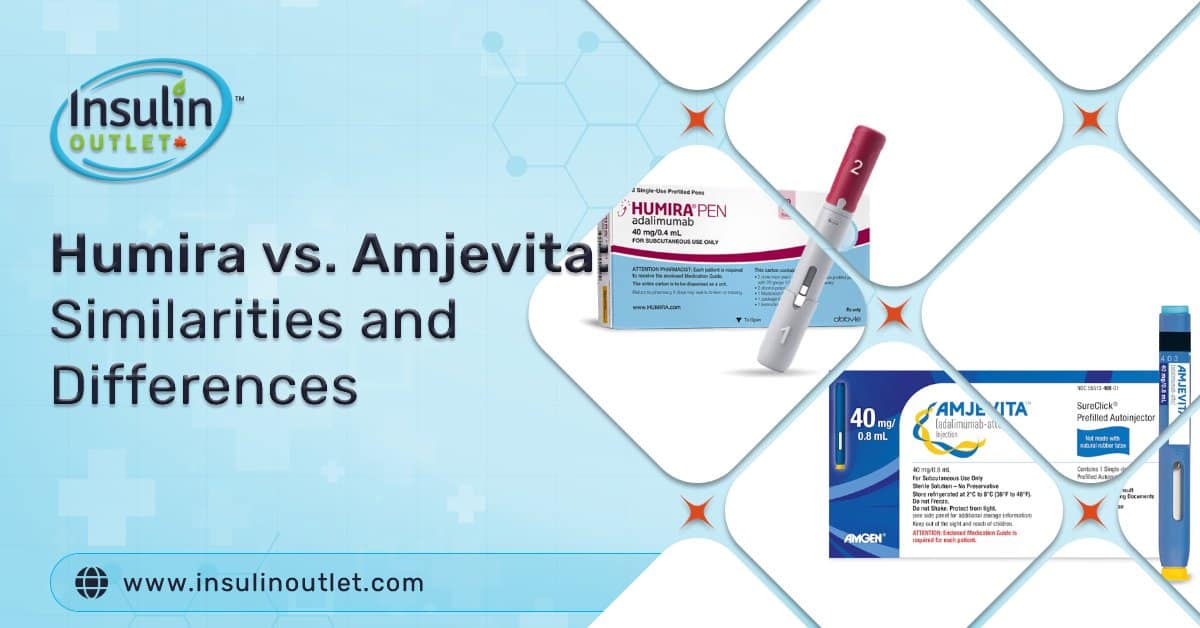

Reviewed by Jordana Tobelem (Registered Dietitian)
Jordana Tobelem is a Registered Dietitian who is passionate about promoting lifestyle and behavioral changes through proper nutrition education and interventions. She is experienced in treating a wide array of nutrition related diseases/disorders through her unique approach to health and wellness. Jordana has practiced at the world renowned Cleveland Clinic in Weston, Florida, where she worked in the Endocrinology unit educating diabetes patients of all ages. She also spends time practicing at one of the leading residential eating disorder centers in South Florida, where she counsels patients with a full range of eating disorders.
Ozempic has proven to be a highly efficient medication when it comes to treating diabetes. Unfortunately, there’s also some correlation between Ozempic and foods to avoid.
In this article, we’ll discuss how the drug works and the foods to avoid when taking Ozempic.
Table Of Contents
ToggleUnderstanding Ozempic
Before you can fully understand the link between Ozempic and foods to avoid, it’s useful to understand precisely how this drug works. The short description is that it mimics the actions of a naturally occurring hormone. Its active ingredient is glutamide, which helps to do three things:
- Induce the creation of insulin, improving the body’s ability to process sugars.
- Helps the body feel satiated, decreasing the person’s desire to eat.
- Increases the amount of time that food takes to pass through the digestive system, allowing the person to eat less often.
General Dietary Guidelines for Diabetes Management
Diabetes medications have become highly effective over the years. However, they only perform at their best when combined with a healthy and appropriate diet.
This is because these kinds of tools, including Ozempic, help to improve the body’s natural functions. If you’re consistently overloading your body with the wrong kinds of foods or an inappropriate diet, then the Ozempic can never take full effect. Instead, it gets stuck trying to combat the results of your own bad habits.
So, let’s take a closer look at some dietary guidelines for those suffering from diabetes.
- Try to eat an array of fruits and vegetables of as many different colors as possible.
- Avoid fried foods, and cook with as little oil as possible.
- When using oil, try to use good oils. I.E. Olive oil and avocado oil.
- Avoid eating “white” foods like rice, potatoes, pasta, refined rice, and refined sweeteners. When eating them, do so in moderation.
- Reduce your sodium intake by only eating salt in moderation.
- Eat a portion of protein with every meal, even if it isn’t meat-based protein.
- Limit the amount of broiled and roasted food that you eat.
- Eat breakfast every morning, as it will help keep your blood sugar levels stable.
- Eat carbohydrate-rich meals early in the morning and light meals later on.

Foods to Avoid While Taking Ozempic
Unfortunately, when you take Ozempic, there are foods to avoid. This is because certain types of foods counteract the efficiency of the drug. They may also make it harder for the medication to successfully control the patient’s glucose levels.
High Glycemic Index (GI) Foods
Naturally, foods with a high Glycemic Index are not the best choice for diabetics. This is because high-GI foods cause a sudden, rapid increase in glucose levels. Of course, Ozempic combats this to some degree. However, by combining the sudden glucose increase of High-GI foods with the decreased blood sugars caused by the medication, you lose the benefit of taking Ozempic.
Sugary and Processed Snacks
As with High-GI foods, sugary and processed foods reduce the efficiency of the medication. This is mainly because they cause a surge of blood sugar, counteracting the natural activity of the medication. As with most things on this list, there’s some wiggle room here, but any consumption should be done in moderation.
High-Fat Foods
Foods that are naturally high in fat are a substantial part of the Ozempic foods to remove list. This is mainly because they may contain large amounts of carbohydrates, starches, and sugars. All of these things can have a negative effect on blood sugar and glucose levels. As a result, they make it harder for the medication to operate efficiently.
Sugary Beverages
Sugary beverages are probably one of the most potentially harmful substances that diabetics can consume. This is because they contain massive amounts of sugar, which leads to nearly instantaneous increases in blood sugar levels.
As with many of the Ozempic foods to avoid list, sodas and other sugary beverages counteract the effectiveness of the medication by having the opposite effect. Some beverages may not even taste sweet but contain enough hidden sugars to cause problems.
Refined Grains
Grains, as a whole, aren’t a problem when consumed in moderation. However, processed grains can cause a range of problems. Some of the products in this category that may cause problems include the following:
- Pasta
- Cereals
- Bread
- Rice
Why are refined grains bad? The answer lies in the milling process. When grains go through the milling process, the bran and germ are removed. Unfortunately, those are exactly the two things that make grains worth consuming. Without them, grains are mainly carbohydrates and starches, which isn’t ideal for diabetics.
Additionally, processed grains often contain added sugars and other substances that may have a negative effect on blood sugar levels.
On the other hand, whole grains can play an integral part in a healthy diet. Some examples of healthy grains that may be valuable include the following:
- Brown rice
- Bulgar wheat
- Quinoa
- Buckwheat
- Farro
Alcohol
While it’s worth noting that you can take Ozempic without giving up on alcohol completely, it’s important to consume moderately. Both the medication and alcohol can cause decreased blood sugar levels. Taking Ozempic and drinking alcohol at the same time can cause severe decreases in blood sugar levels, which can be dangerous for diabetics.
Importance of Regular Monitoring
As a diabetic, it’s essential to monitor your blood sugar levels regularly. However, depending on the severity of your condition and the recommendation of your physician, the regularity of your checks can vary significantly.
Many people with Type 2 Diabetes need to do daily blood sugar tests, some as many as 6 to eight times daily.
Most patients with Type 1 Diabetes require less regular testing, varying from as far apart as every six months to as frequently as every couple of days.
It’s absolutely essential that you monitor your blood sugar levels regularly. Not only will it help you determine if your current diet is working for you, but it will also help your physician prescribe appropriate dosages.
However, there’s no cut-and-dried conclusion about how regularly is regularly enough. Instead, you should always follow the recommendations set by your doctor. They are the best positioned to determine the severity of your condition and, consequently, regulate how often you need to monitor your blood sugar levels.
Good Foods for Ozempic Users
If you’re taking Ozempic, the list of foods to avoid is lengthy. However, there are several different food groups that can be beneficial. Let’s take a closer look at some of the best foods to consume when taking Ozempic.
Protein
Proteins are one of the most significant food groups when it comes to taking Ozempic. Try to include protein-rich foods in your diet regularly. Good examples include the following:
- Fish
- Eggs
- Tofu
- Greek Yogurt
- Poultry
- Lean beef and pork
- Legumes (i.e. beans and lentils)
Low-Starch Vegetables
Vegetables with a low or no starch content are an ideal addition to your diet. Good examples of this type of vegetable include the following:
- Broccoli
- Carrots
- Cauliflower
- Tomatoes
- Asparagus

Beans And Legumes
Protein-rich beans and legumes are a valuable and beneficial addition to the diet of those who are taking Ozempic. They’re plant-based and contain plenty of fiber and nutrients.
Some good examples of legumes include the following:
- Green and brown lentils
- Edamame
- Chickpeas
- Navy Beans
- Dried Peas
- Different types of dried
- eans
- Broad beans
- Pinto and Lima Beans
These are just a few of the useful foods you can prepare if you’re taking Ozempic. There are many other great options, just waiting for you to include them in your diet.
Conclusion
When you’re taking Ozempic, you need to be careful to avoid foods that may counteract the effects of the medication. That’s why we’ve constructed this guide to Ozempic and foods to avoid when taking it.
Now that you know how the medication works and which dietary elements to avoid when using it, we hope that you’re prepared to create your own healthy, comprehensive meal plans.
Share:












